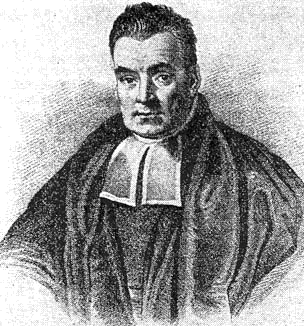 Turing was a phenomenal asset to Britain. Firstly, he was known for his work at Bletchley Park where his previous work that laid down the foundations for modern computers (as "universal machines") cracking the Enigma code used by the Nazis to communicate with their fleet of U-boats. In fact the machines were not fast enough (being electromechanical) to single-handedly perform the task in time to be of use. It took Turings mathematical genius to perform frequency analysis of previously cracked messages to reduce the domain of the problem that was then passed to the computers. This helped save the vital shipping convoys bringing supply cargoes to war-time Britain.
Turing was a phenomenal asset to Britain. Firstly, he was known for his work at Bletchley Park where his previous work that laid down the foundations for modern computers (as "universal machines") cracking the Enigma code used by the Nazis to communicate with their fleet of U-boats. In fact the machines were not fast enough (being electromechanical) to single-handedly perform the task in time to be of use. It took Turings mathematical genius to perform frequency analysis of previously cracked messages to reduce the domain of the problem that was then passed to the computers. This helped save the vital shipping convoys bringing supply cargoes to war-time Britain.He was also famous for his work in the field of arificial intelligence including the "Turing test" (as seen used in the science fiction film "Blade Runner" to identify rogue androids).
He also turned his mathematical talents to the biological sciences with ground-breaking work on mathematical explanations of the process of morphogenesis.
Any one of these activities would distinguish him as an exemplary scientist. Unfortunately for him, he was a homosexual at a time when it was against the law. He was arrested and charged with gross indecency. To avoid prison he underwent chemical castration with female hormones to "cure" his homosexuality.
As well as the effect upon his body, this tratment affected his ability to concentrate. He was also subject to increased police surveillance (after Guy Burgess defected to Russia). He commited suicide at the age of 41.
In 2009, Prime Minister Gordon Brown gave an official Public apology for the way in which Britain had treated Turing after the war.
I think that the drama approach made this story more publically accessible (although longer at about 80 mins) but sadly meant superficial coverage of Turing's scientific contributions.





